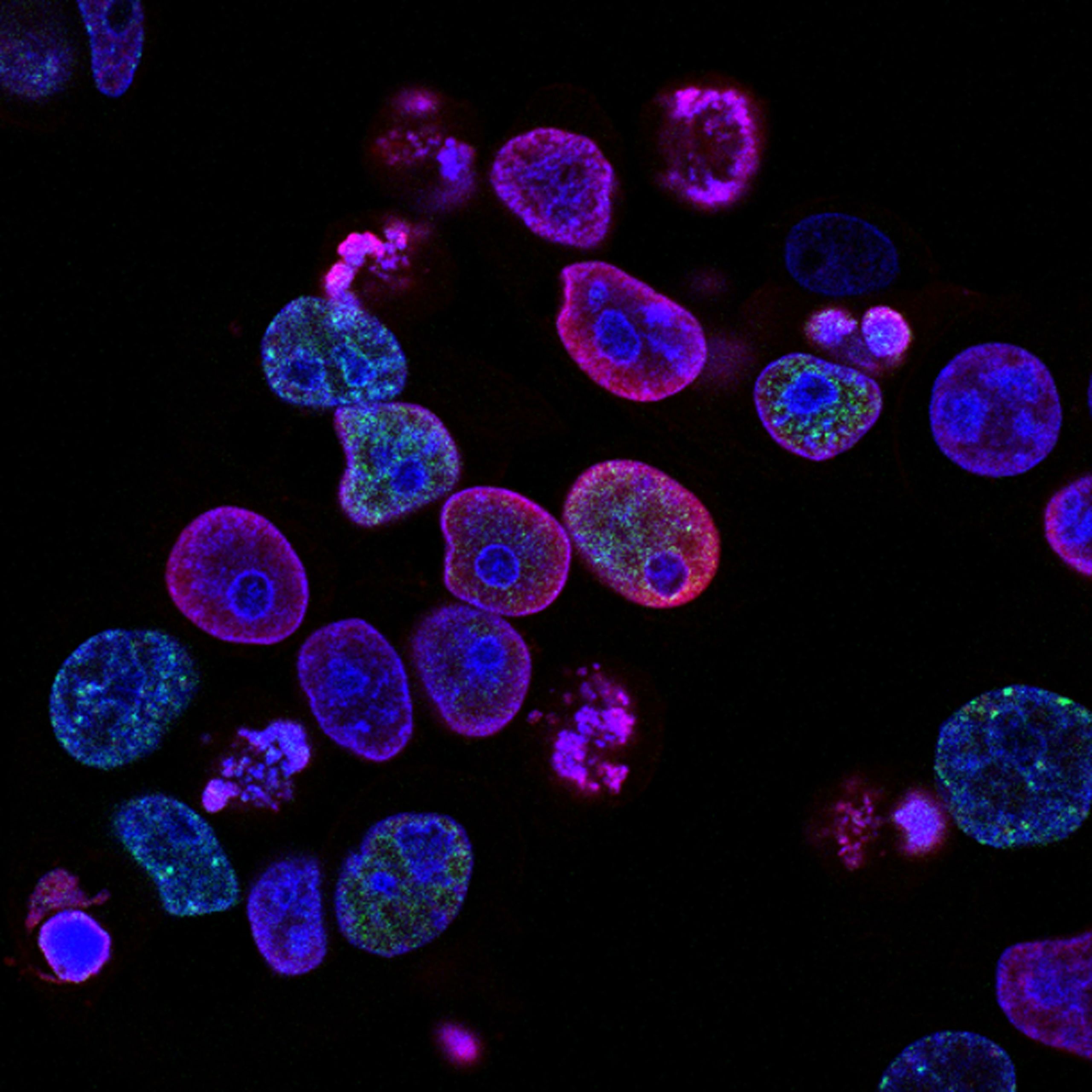Living with Endometriosis
And the women fighting to be heard

WHAT IS ENDOMETRIOSIS ?
It's a disease that affects 1 in 10 women causing extreme and chronic pain.
Simply put it's a condition where tissue similar to the womb lining is found to be growing on other parts of the body.
These cells can grow on all organs and cause severe pains as they can't be flushed out as they normally would during a period.
The cells behave in the same way as they would inside the womb, swelling and bleeding which result in horrendous pain.
Sometimes the scar tissues can cause lesions that bind organs together which can be treated through surgery but does not provide any long term solution.
The list of possible symptoms is extensive with organ failure and infertility on the extreme end of the scale.
It's not just the physical scars that women are being left with, the mental effects that endometriosis is felt by thousands.
An All-Party Parliamentary Group inquiry last year revealed that 90% of people dealing with endometriosis wanted psychological support but were not being offered any.
There's no cure for the condition at present with treatment involving surgery and hormone therapy.
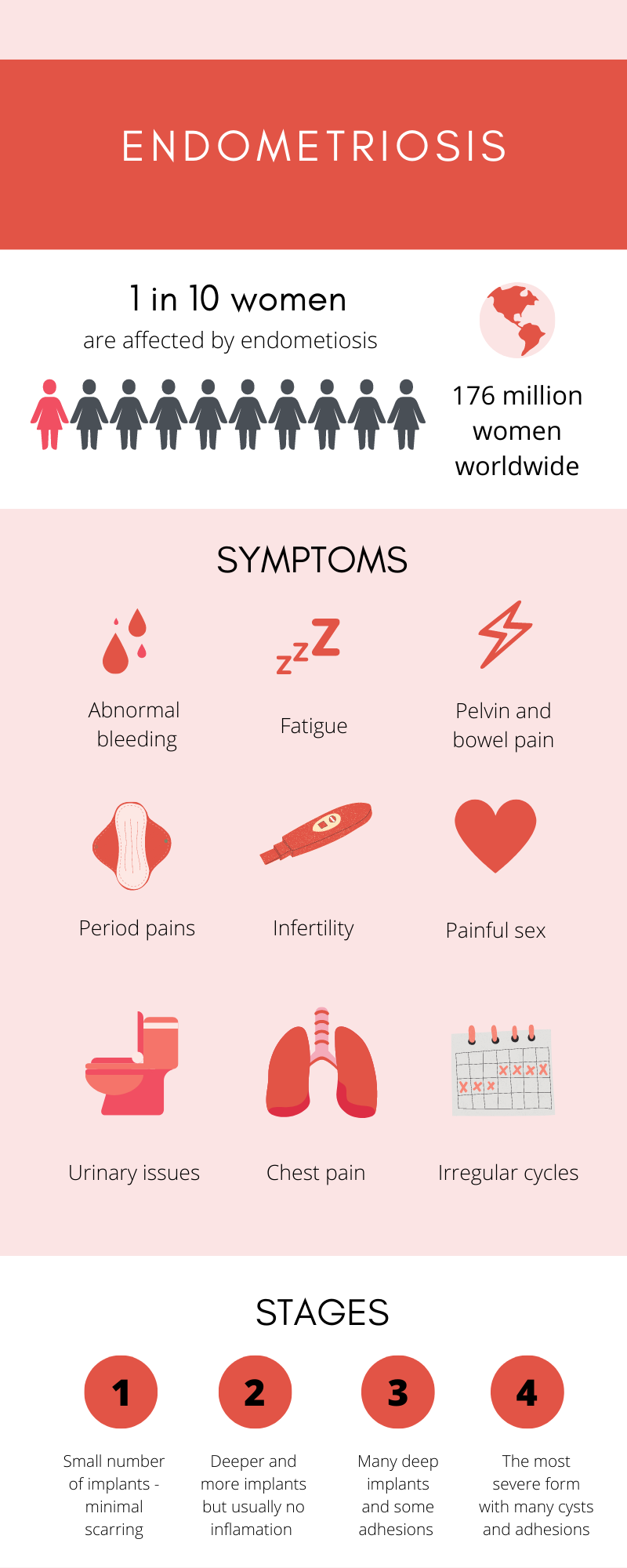
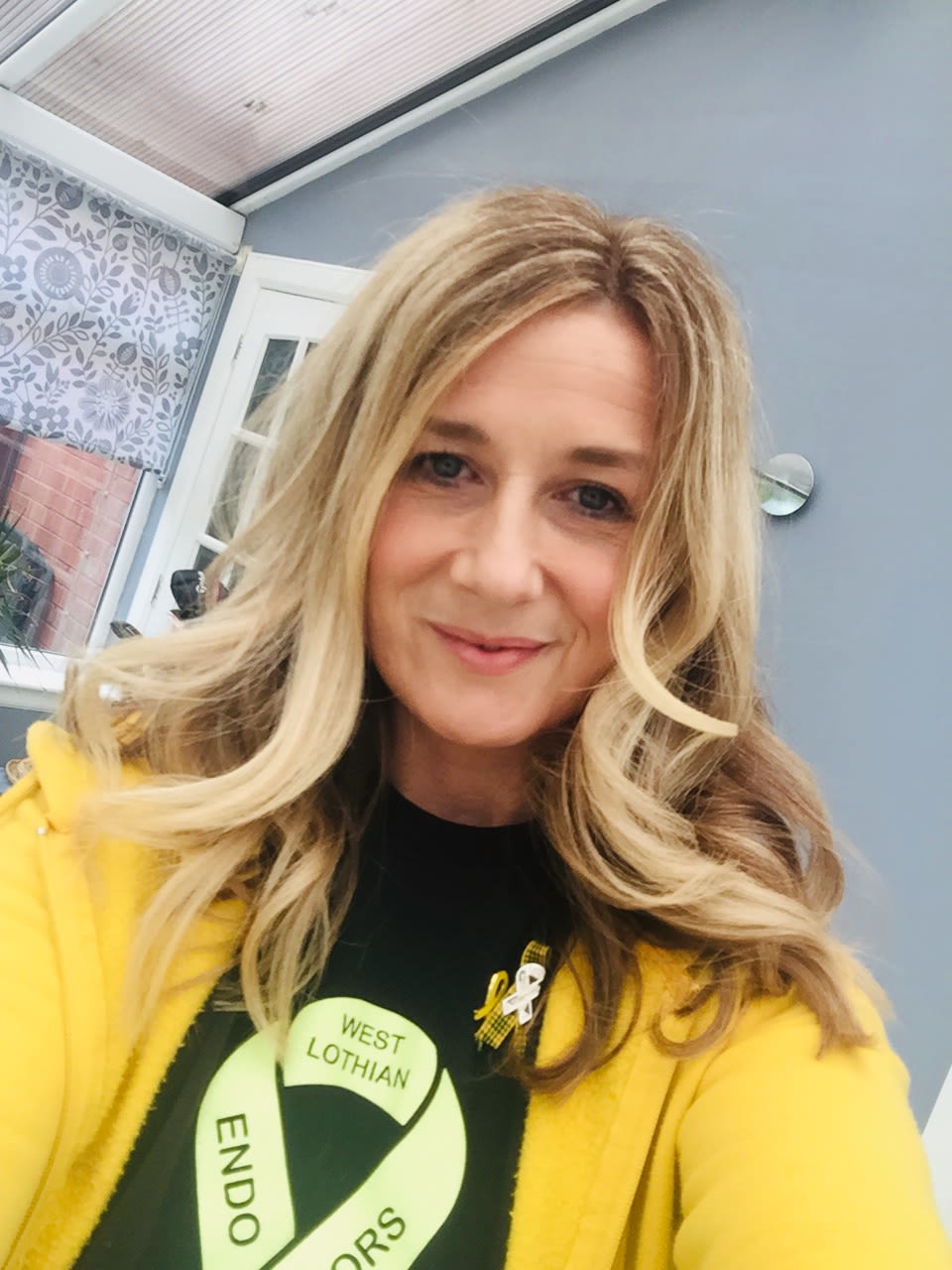
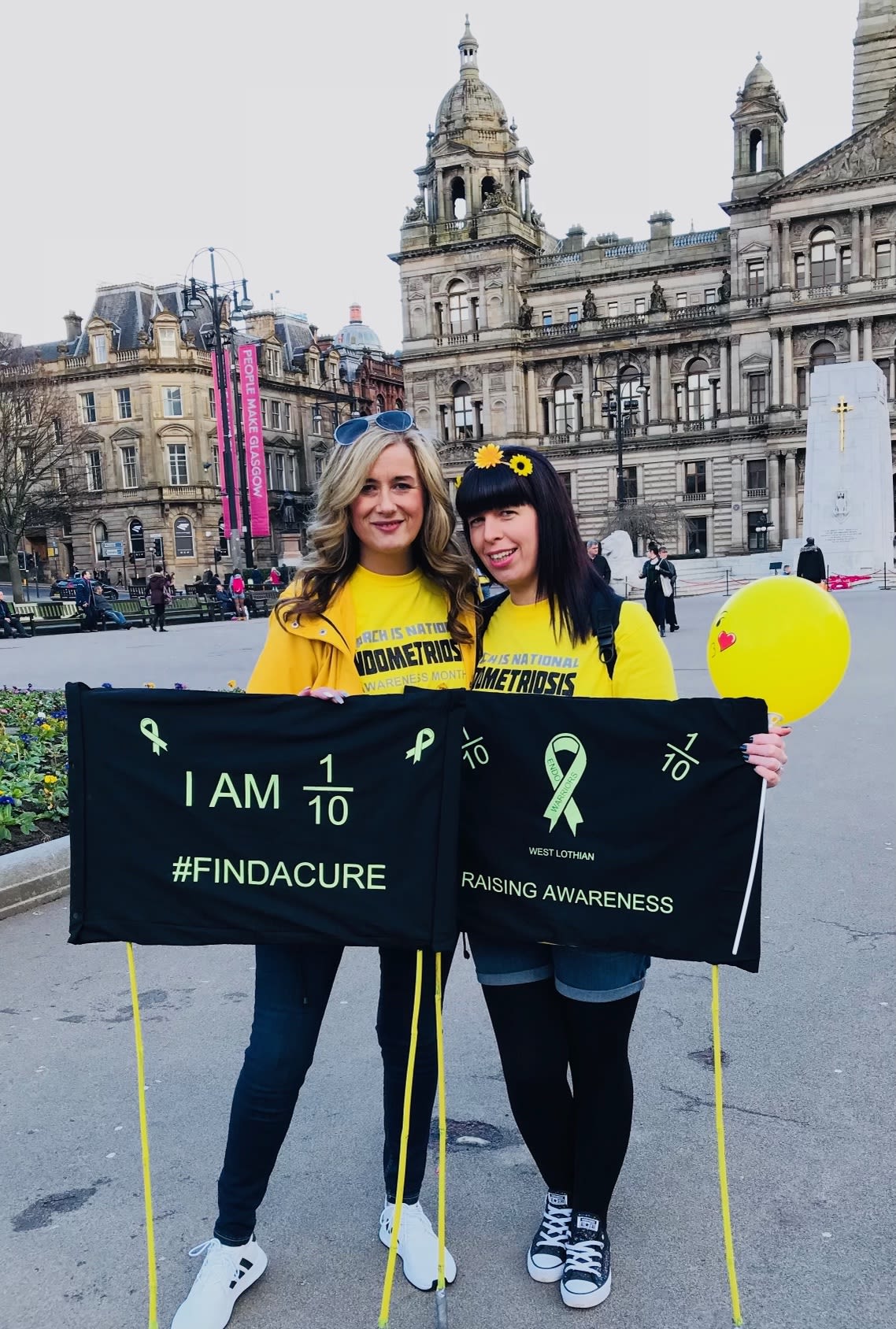
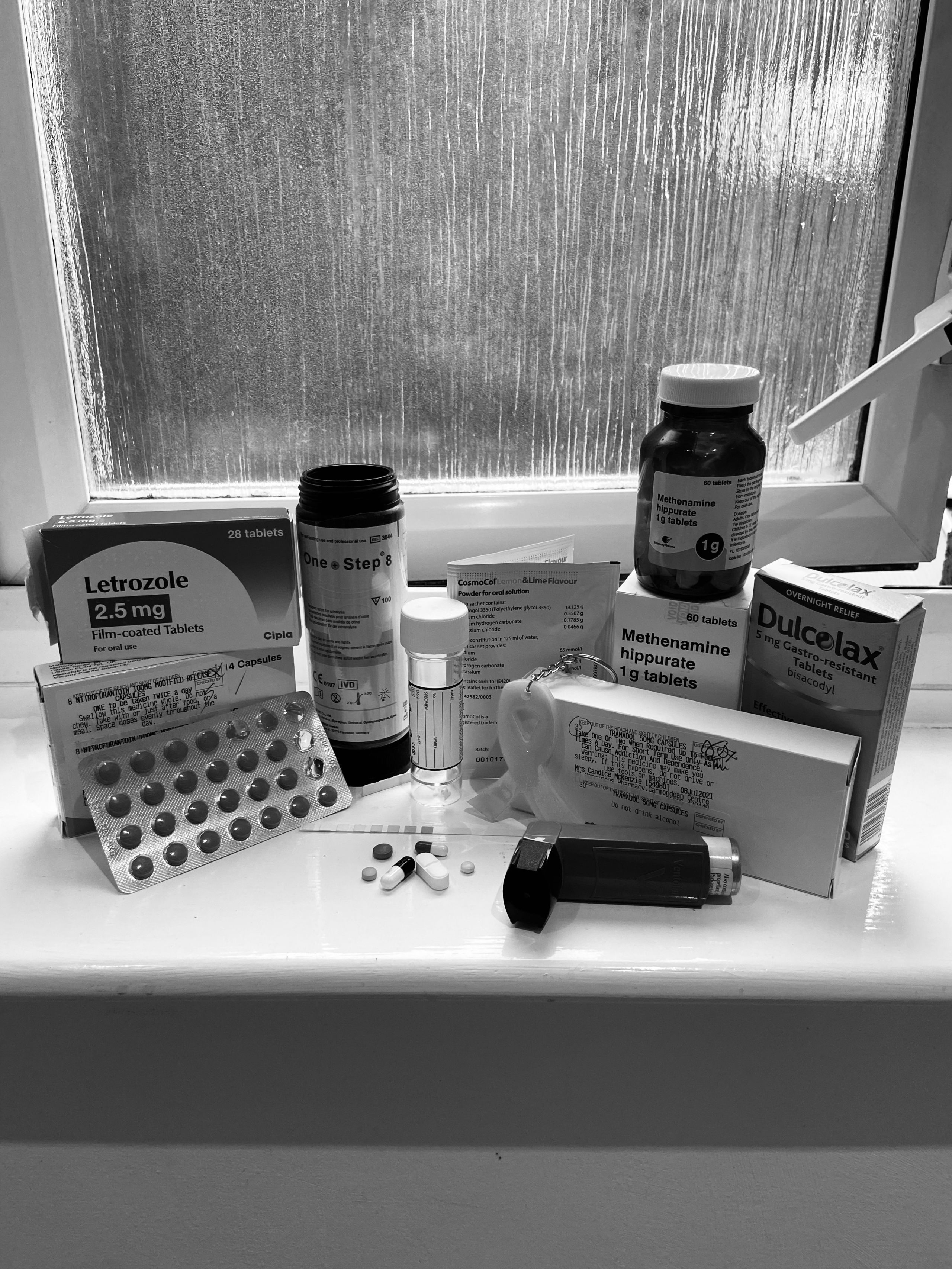
Image credit - Candice McZenkie
CANDICE'S STORY
From the age of nine, Candice knew something wasn't right but her agonising pain was passed off from everything from irritable bowel syndrome to an eating disorder.
After countless trips to the doctor, she finally managed to see a GP with gynaecological experience who told her he believed she had endometriosis and was sent for a scan.
But when she arrived at the hospital she was refused the examination on the grounds that she was too young to suffer from endometriosis.
The news devasted her.
For many people, a diagnosis provides relief and validation for the pain they have been experiencing.
It was only when her father got on the phone to the hospital that she was finally admitted for surgery and they found the full extent of the damage.
The endometriosis had left her with only one ovary at the age of 21.
16 years later Candice is onto her 15th surgery and still lives with crippling pain and the effects of endometriosis today.
You can hear the pain in her voice as she explains how this condition has meant her womb, uterus and ovaries have all had to be removed.
"I woke up from my surgery and I’ve never felt so lost in my life, there’s a grief that comes when somebody takes your organs."
Candice has just found out that she now has a rare form of extra-pelvic endometriosis which essentially means her bowel and bladder are stuck together and is now being investigated for endometriosis in the lungs and diaphragm.
Despite numerous invasive surgeries, this is a condition that continues to attack her body.
"I want to know how many parts of my body I need to lose to this condition"
"This is a full-body, horrendous inflammatory condition with no cure and because it’s happening to a particular gender we’re being dismissed we’re being overlooked and we’re not being validated."
DIONNE'S STORY
When Dionne sought help for her symptoms she was told she just had bad period pains and they would get better as she got older.
"I would be sent home from school and when I started work I was doubled over in a toilet cubicle in agony."
Multiple trips to the GP resulted in nothing.
"One of the doctors basically told me it was all in my head which was completely heartbreaking."
When Dionne was eventually referred for surgery years later they found endometriosis all over her bowel but was told it was too risky to remove and needed to be done by a specialist.
A year later she was in for her second surgery where the bowel was shaved and she was warned that she may have to use a stoma bag.
She's now had four surgeries for the condition and has to self catheterise as the condition has affected her nerves.
These four surgeries offer relief in the short term but do not offer a cure.
"Nobody tells you just how bad this condition can get and how much it can affect all your organs. I take daily medication and I can't get out of bed some days because the pain is so crippling."
She tells me about the anger she has for being dismissed and ignored for so many years, something that's all too common amongst endometriosis suffers where the average diagnosis is seven years.
"It's mentally exhausting as well having to explain to people that you can't make plans because the pain is unbearable and you can't leave bed. Right now I'm just focused on pain management and I'm on daily medication to just make life manageable because it really can be paralyising."

Image credit - Dionne McFarlane
WHY DOES DIAGNOSIS TAKE SO LONG?
Research has shown that it takes on average 7 to 10 years to get a diagnosis.
There is no simple test for endometriosis and the only present way to get a concrete diagnosis is by doing a laparoscopy which involves keyhole surgery where a camera is placed into the pelvis to look for signs of endometriosis.
Many women suffer from endometriosis pains from their teenage years but it goes undiagnosed due to misconceptions around the pain of menstruation.
Professor Andrew Horne, a gynaecological specialist at the MRC Centre for Reproductive Health in Edinburgh and Co-Director of EXPPECT endometriosis research team said: "Endometriosis takes so long to diagnose because of a combination of a lack of awareness about the condition, the fact that it mimics other chronic pain conditions, and the fact that we don’t have a non-invasive test to diagnose it.
More research - and investment - into diagnosis is urgently needed to reduce this unacceptable delay."
Last year the All-Party Parliamentary Group found that 58% of people visited their doctor more than 10 times before diagnosis and 53% went to A&E with symptoms before diagnosis.
The inquiry called on the government to reduce diagnosis to four years or less by 2025 and more research into cause, treatment and cure.
However, a year on and a survey by Endometriosis UK found that 51% of women had their gynaecological appointments cancelled or postponed in the last year.
In terms of improving diagnosis, campaigners are calling for a CA125 test to be offered to women which is a blood test used in cancer testing but has been proven to also detect endometriosis.
Whilst it may not provide a conclusive answer it can act as an indicator.
Many women feel anger and frustration at the lack of understanding around the disease and whilst conversations around the healthcare gender gap are becoming more common there's a long way to go before women are believed when they say they are in pain.
